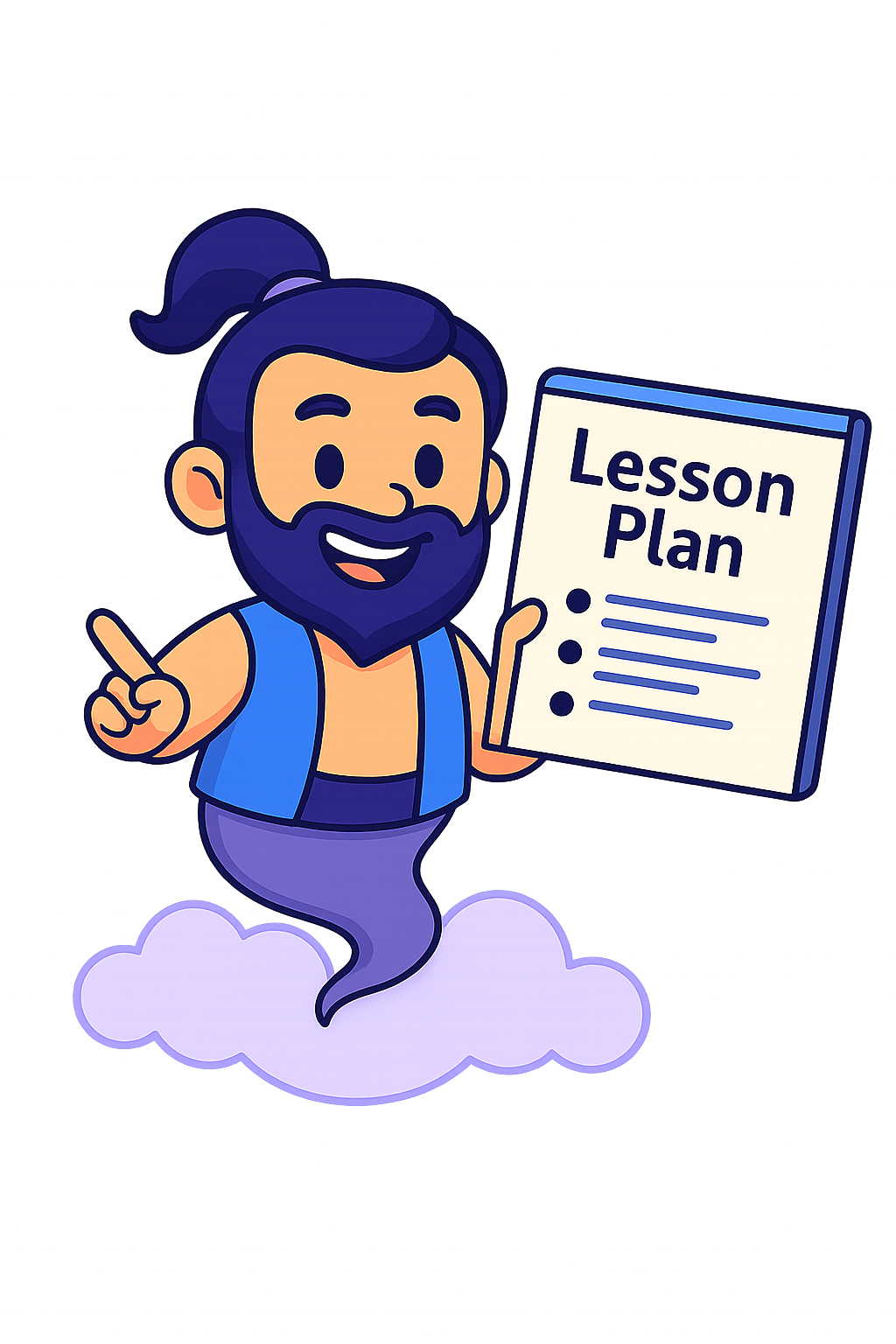 Understanding and Using Adjectives to Describe Nouns
Understanding and Using Adjectives to Describe Nouns
Objective: Students will be able to identify adjectives in sentences and use them to describe nouns effectively, enhancing their writing and speaking skills.
Learning Objectives
- Identify adjectives in simple sentences.
- Understand how adjectives describe nouns by adding details.
- Use adjectives to write descriptive sentences about familiar objects.
Materials Needed
- Printed worksheet with sentences and blank spaces for adjectives
- Colored pencils or crayons
- Picture books or magazines for adjective hunting
- Notebook or writing paper
- Pencil
Key Vocabulary
- Adjective
- A word that describes or gives more information about a noun.
- Noun
- A person, place, thing, or idea.
- Describe
- To tell more about someone or something by giving details.
Detailed Activities
Adjective Identification and Usage
- Begin by explaining what adjectives are and how they describe nouns using simple examples like ‘blue sky’ or ‘happy dog.’
- Read a short paragraph aloud, asking the student to listen for words that describe nouns and to point them out.
- Provide the worksheet with sentences missing adjectives; ask the student to fill in the blanks with adjectives that fit.
- Use picture books or magazines to find nouns and create a list of adjectives together that describe those nouns.
- Have the student write three sentences using adjectives to describe things around them or in pictures.
Parent & Instructor Notes
- Encourage your child to think about how adjectives make stories and sentences more interesting and vivid.
- Use everyday objects and experiences to practice spotting and using adjectives, such as describing food, weather, or toys.
- Be patient and praise efforts to use new descriptive words, even if they make mistakes initially.
Assessment Questions
- Can you find the adjective in this sentence: ‘The green frog jumped high’?
- Write a sentence describing your favorite toy using at least one adjective.
- Why do we use adjectives in sentences?
Extension Ideas
- Create an adjective scavenger hunt where the student finds and lists adjectives from books or around the house.
- Play a descriptive storytelling game where the student adds adjectives to nouns in a story you start together.
- Encourage the student to keep a journal where each entry includes at least three adjectives.
Frequently Asked Questions
Start with very simple sentences and use objects your child knows well. Use lots of examples and repeat the concept in different ways to help them understand.
Use games, colorful pictures, and everyday items. Turn describing objects into a game or storytelling activity to keep your child engaged.
Teacher’s Guide
Common Misconceptions:
- Students may confuse adjectives with nouns or verbs because they do not yet understand how adjectives describe nouns.
- Some students might think all describing words are adjectives without recognizing exceptions.
Scaffolding Ideas:
For Struggling Students:
- Use pictures and physical objects to make the concept more concrete.
- Provide sentence starters and adjective word banks to support writing activities.
For Advanced Students:
- Challenge them to use multiple adjectives in a sentence.
- Introduce comparative and superlative forms of adjectives for deeper understanding.
Pacing Recommendations:
- Spend the first 10 minutes introducing and discussing adjectives with examples.
- Use the next 20 minutes for guided practice with worksheets and identifying adjectives in texts.
- Spend the last 15 minutes on writing sentences and sharing them together.
Standards
- 8.L.4d — Use knowledge of the meanings of individual words to understand the meaning of compound words.
Printable Worksheet
Plan Your Own Lesson
Looking for a custom lesson plan? Try our Lesson Planning Generator — create standards-based plans for any topic, instantly!
Common Core Aligned Lesson Plans
Looking for another common core lesson? See all of the lesson plans here.
More Free Lesson Plans
We’re adding more every week! Check back soon or explore all our lesson plans here.

 Understanding and Using Adjectives to Describe Nouns
Understanding and Using Adjectives to Describe Nouns
Leave a Reply